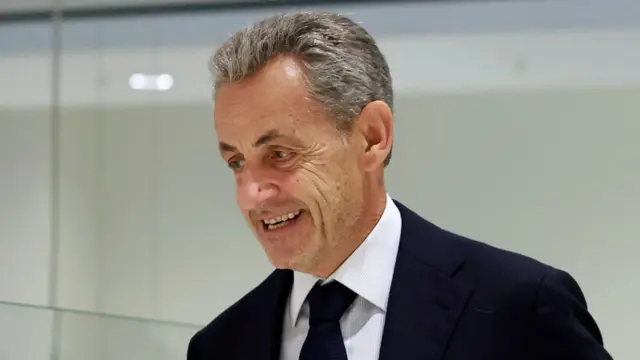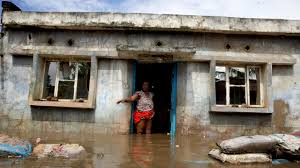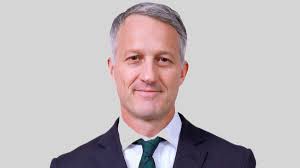Former French President Nicolas Sarkozy has been found guilty of criminal conspiracy by a Paris criminal court in connection with allegations that he accepted millions of euros in illicit funds from late Libyan leader Muammar Gaddafi to finance his successful 2007 presidential campaign. The ruling marks another major blow to the 70-year-old ex-president, who has long faced a series of legal battles since leaving office.
Although Sarkozy was acquitted of charges of passive corruption and illegal campaign financing, the court determined that he had knowingly allowed his close aides to establish contact with Libyan officials to obtain financial backing for his election bid. Judge Nathalie Gavarino stated that Sarkozy created an environment where such dealings could take place, enabling his team to seek illicit funds that prosecutors allege amounted to as much as €50 million (£43 million). Sarkozy has consistently denied all wrongdoing, claiming the case is politically motivated.
The investigation began in 2013, after Saif al-Islam, the son of Gaddafi, publicly accused Sarkozy of secretly taking large sums of his father’s money to fuel his rise to power in France. These claims were further reinforced in 2014 when Lebanese businessman Ziad Takieddine, who acted as an intermediary between France and the Middle East for years, said he possessed written proof that Sarkozy’s campaign had been “abundantly” financed by the Libyan regime. According to Takieddine, payments from Tripoli did not stop after Sarkozy’s election victory but continued even during his presidency, strengthening suspicions of deep financial ties between Paris and Tripoli.
Prosecutors argued that in exchange for these alleged funds, Sarkozy promised to assist Gaddafi in rehabilitating his image on the international stage, seeking to end his reputation as a pariah in the West. While the court did not find sufficient evidence to convict Sarkozy of being the direct beneficiary of illegal campaign financing, it ruled that the conspiracy charge was substantiated by the pattern of contacts and arrangements carried out by his political circle. Sarkozy is expected to receive his sentencing later today, which could add to an already long list of legal penalties.
This is not the first time Sarkozy has faced conviction. In February 2024, he was found guilty of overspending on his failed 2012 re-election campaign and attempting to cover it up through a PR firm. That case resulted in a one-year sentence, with six months suspended, which Sarkozy is currently appealing. In 2021, he was also convicted of trying to bribe a judge in 2014, becoming the first former French president to receive a custodial sentence. A Paris appeals court later ruled he could serve his time at home under electronic surveillance rather than in prison.
Adding further complexity to the scandal, Sarkozy’s wife, Carla Bruni-Sarkozy, the Italian-born former supermodel and singer, was charged last year with hiding evidence connected to the Libyan financing case and with associating with wrongdoers to commit fraud. She has denied all charges, claiming she is being unfairly targeted due to her marriage.
Since leaving office in 2012, Sarkozy has been engulfed in a succession of criminal investigations that have tarnished his once-glittering political career. Once seen as a strong and charismatic leader who promised to modernize France, his legacy is now overshadowed by corruption scandals, courtroom battles, and mounting convictions that have made him one of the most legally embattled former leaders in modern French history.
The latest conviction in the Libya-Gaddafi scandal adds yet another chapter to Sarkozy’s legal troubles and reignites debate in France about political corruption, transparency in campaign financing, and the lingering shadow of Gaddafi’s regime on European politics.














Leave a comment